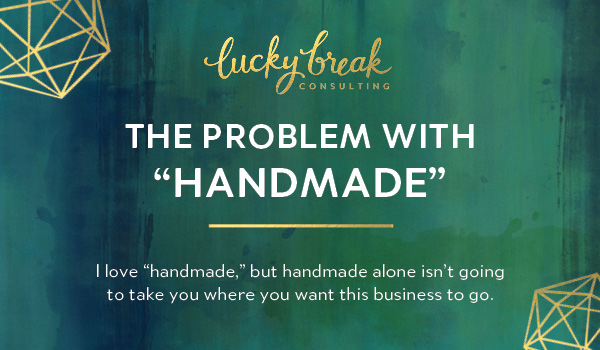
I realize that I might be marching myself in front of a firing squad by asserting that there’s an issue with the concept of “handmade” in an article designed to be shared amongst the handmade community. After all, I’m a handmade maker myself and I’ve built a nice little consulting business supporting other makers and product designers. But I firmly believe that it’s time to reexamine the handmade concept and decide if an over-reliance on it is holding you back.
Hear me out…
Fifteen years ago, the very concept of handmade was radical. The notion that you could make anything by hand (soap, earrings, handbags, t-shirts, stationery, insert awesome thing here) was pretty incredible. In an increasingly automated society that seems hellbent on driving virtually all manufacturing overseas to cut costs, the fact that makers were bucking the trend and reinventing the manufacturing process at their kitchen tables was nothing sort of revolutionary.
With the advent of Etsy, the “maker movement” exploded. I was lucky enough to ride that early wave- I’ve been a full-time maker since 2003, before Etsy was even a twinkle in Brooklyn’s eye. Modern consumers are smitten and a growing grassroots movement has shaped up beautifully over the last decade… there’s never been more interest in handmade products than there is today. Need proof? Etsy sales topped $1.93 billion (yes, with a “b”) in 2014. The company has racked up more than $1.6 billion in sales in the first three quarters of 2015 alone (Q4 results aren’t yet available).
There’s more access to handmade products now than at any time over the last century. But that’s a double-edged sword. Yes… the demand is reaching unprecedented levels, but there are also more people competing in this space. Which begs the question…
How are you standing out in a sea of “handmade”?
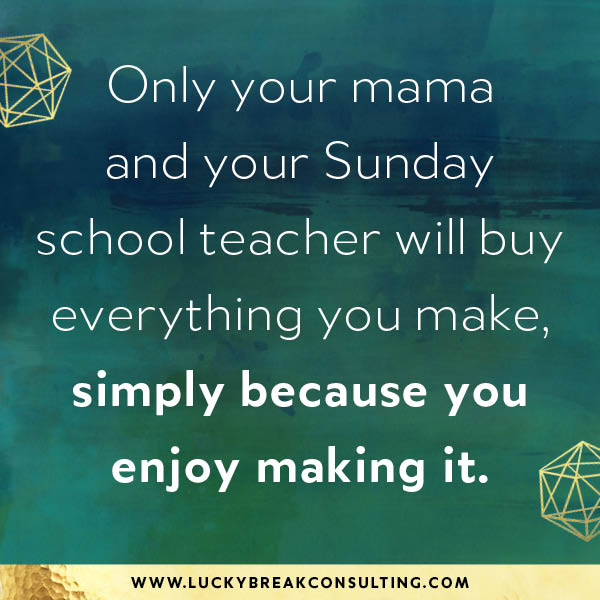
I realize that you’re passionate about the process of creation. And I have no doubt that the fruits of your labor are both soulful and beautiful. But I hope you’ll spend a few minutes meditating on the dangers of staking your brand identity in the word “handmade.” The problem with handmade is that the other 1.5million active Etsy sellers are staking their claim in the same rallying cry. Differentiation in a field of 1.5million is an uphill slog if we’re all competing on the same core value.
Many of the creative brands that I work with happened almost by accident. A talented maker found a passion for creating and next-thing-you-know, they’re in business. But stumbling backward into a business often means that the foundational brand development work received only a cursory once-over where “I love making this” and “It’s handmade!” form the alpha and the omega of our niche.
“You love making this” isn’t a reason for someone to buy your products. Unless they’re your mama or your Sunday School teacher, because these two categories of people are morally obligated to eat up anything and everything you make.
If you ultimately hope to have this business transcend your inner circle of devotees, then you must find something meaningful around which to develop your brand. “Handmade” alone isn’t enough. It was fifteen years ago, but we’re falling victim to our own success at this point. We’ve collectively grown the handmade economy to the point where we have terms like “the handmade economy.” And that means that “handmade” is becoming more vanilla with each passing day.
So is eco-friendly.
And natural.
If you want to create a brand that stands for something in the mind of the consumer, something that becomes a magnet to attract your ideal customers like bees to honey, then I implore you to push the envelope of your brand development beyond handmade, eco-friendly, and natural. These concepts in and of themselves are beautiful and they each represent what I want to see more of in the world. But from a marketing perspective, they’re increasingly diluted. In another ten years, they run the risk of being meaningless. Need a little inspiration?
SW Basics isn’t just a natural apothecary brand. They’re minimalist skincare created with five ingredients or less.
So Worth Loving isn’t simply a modern apparel company. They’re a brand that builds community through self-acceptance.
The Giving Keys doesn’t simply make jewelry. They employ people transitioning out of homelessness by creating a circle of compassion that includes their customers.
I love handmade, but handmade enough isn’t going to take you where you want this business to go. Lean deeper into your core and create a differentiation that’s meaningful for both you and your customers.
Your future self will thank you!
“Differentiation describes any aspect of our total customer offer that is different from that of the competition and, crucially, that is valued by the customer. It is a lot more than a mere difference in specification.
Our product or service may well be different from that of the competition, but unless this difference delivers real value that the customer can identify with, understand, acknowledge, and be willing to invest in, then it is merely a point of difference- nothing more.”
– Harvey MacDivitt
Does you brand development need a boost? Are you struggling to find your market? Do you feel like you’re shouting into empty caves and spinning your wheels? Enrollment in Brick House Branding, my 8-week brand incubation program, is open now. I’d welcome the opportunity to crawl into the entrepreneurial trenches alongside you and build a strong, beautiful brand infused with soul and a built-in audience. Want to learn more? Right this way…
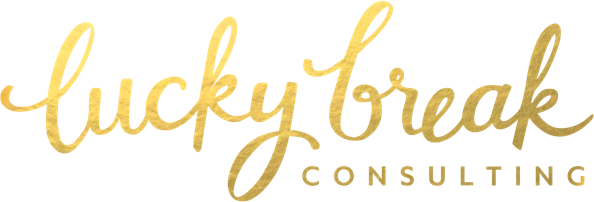
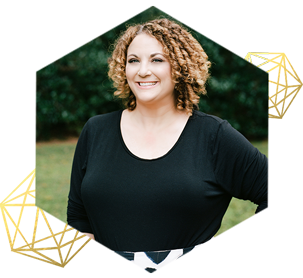

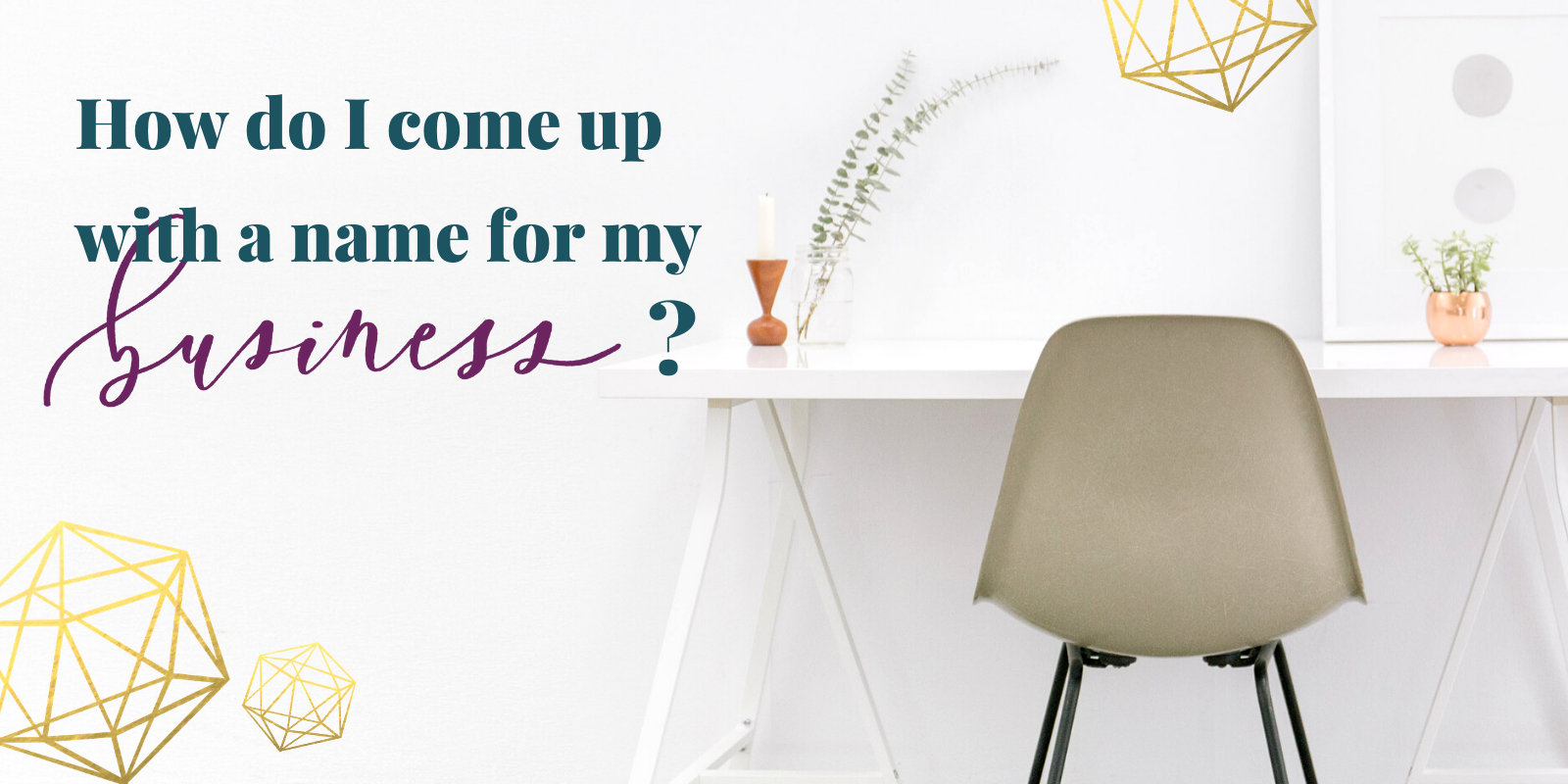
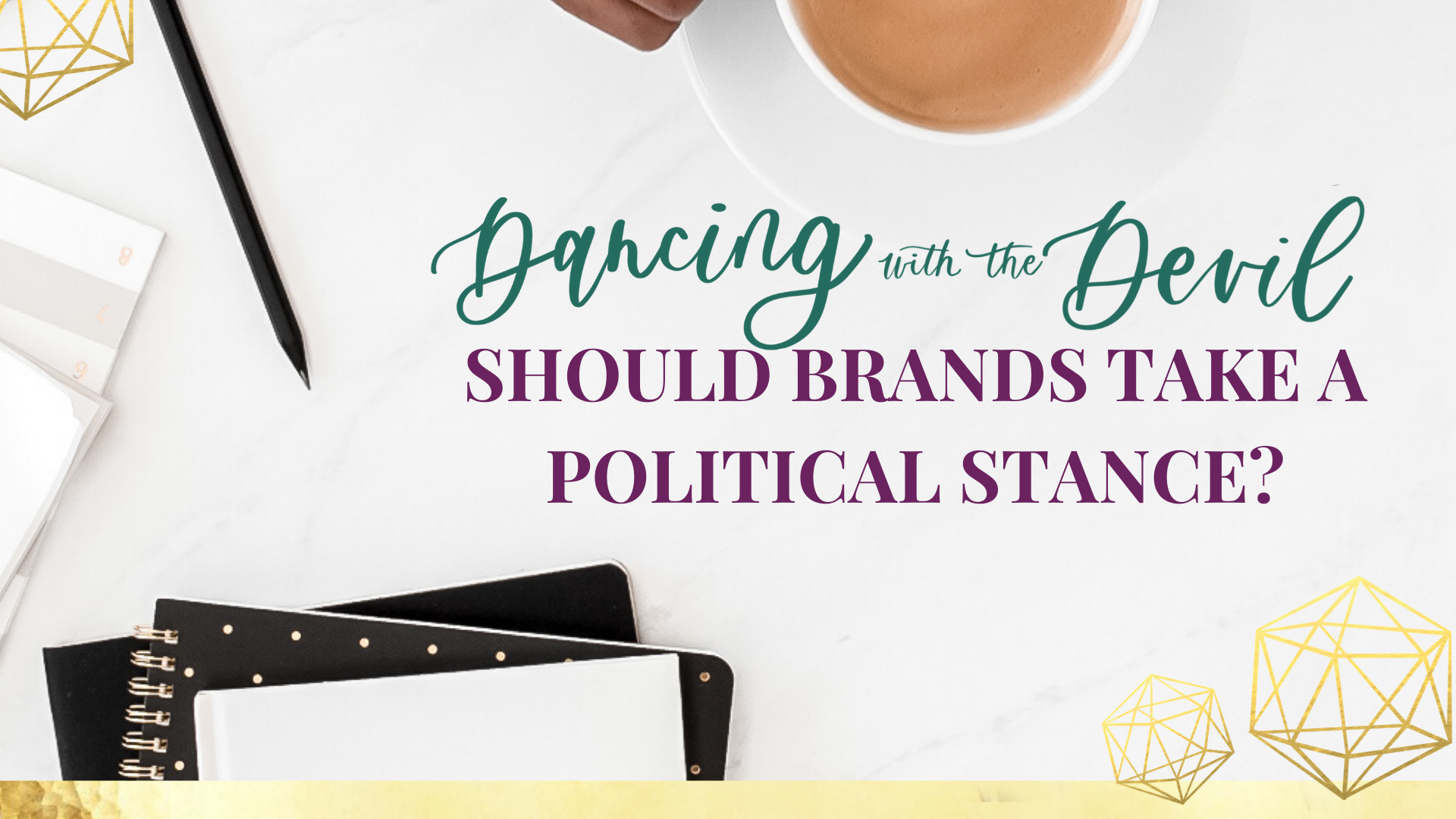
This part here….. “And that means that “handmade” is becoming more vanilla with each passing day.” hit me. I make luxury bath items, aka soaps, scrubs, etc..standing out from the crowd is not something I know how to do. For example, I work from home as an admin asst and have for the last 10 years 🙂 Why? One because I love love love the company I work for and two because there is no crowd, there is no one other than my family. I am so scared of talking to someone face to face that I get sick at the thought of it. I do not talk, just because or just to say something or hear myself talk. I talk when I have a question, a comment or in reply to someone. My work is all done over the computer. My boss needs me? She calls me on skype, tells me what she needs and then we hang up. That’s it. So, in the long run, the type of person I am is hurting the business that I want. I sell on Etsy and my own website but my dream is to just make bath items for other people. I have 4.5 lol (ask me about the .5 if you really want to know) wholesale accounts that are going nowhere. I took a leap talking to those companies but after the first couple of sales, now I am lost and to be honest I think I have lost them. I know I am in a market that is so heavy with the same produces but I also know that I have never wanted something so much as I do my company. Working with soap helps me to forget about my past. Nothing and no one has made me forget, but when I am making soap in those moments I am at peace. One day I will get to where I want to be, maybe, hopefully, maybe.